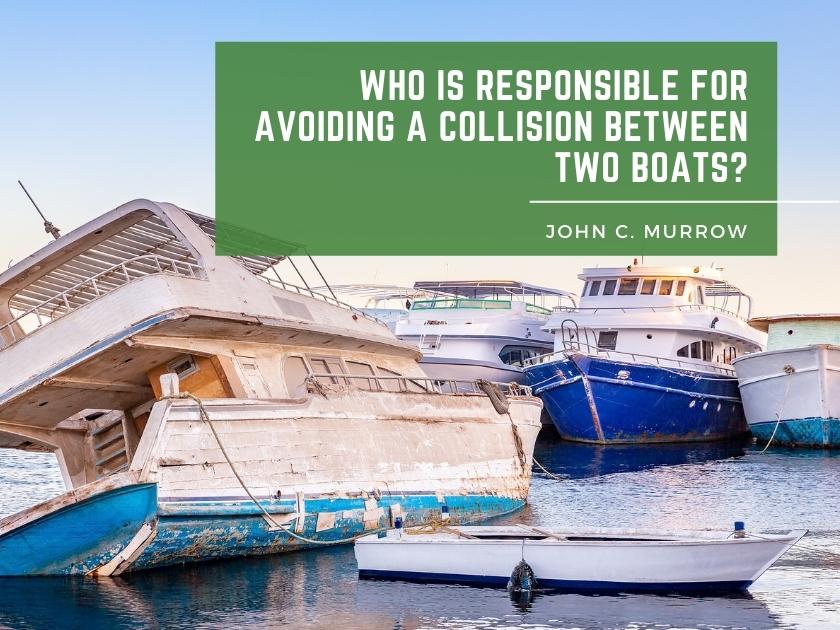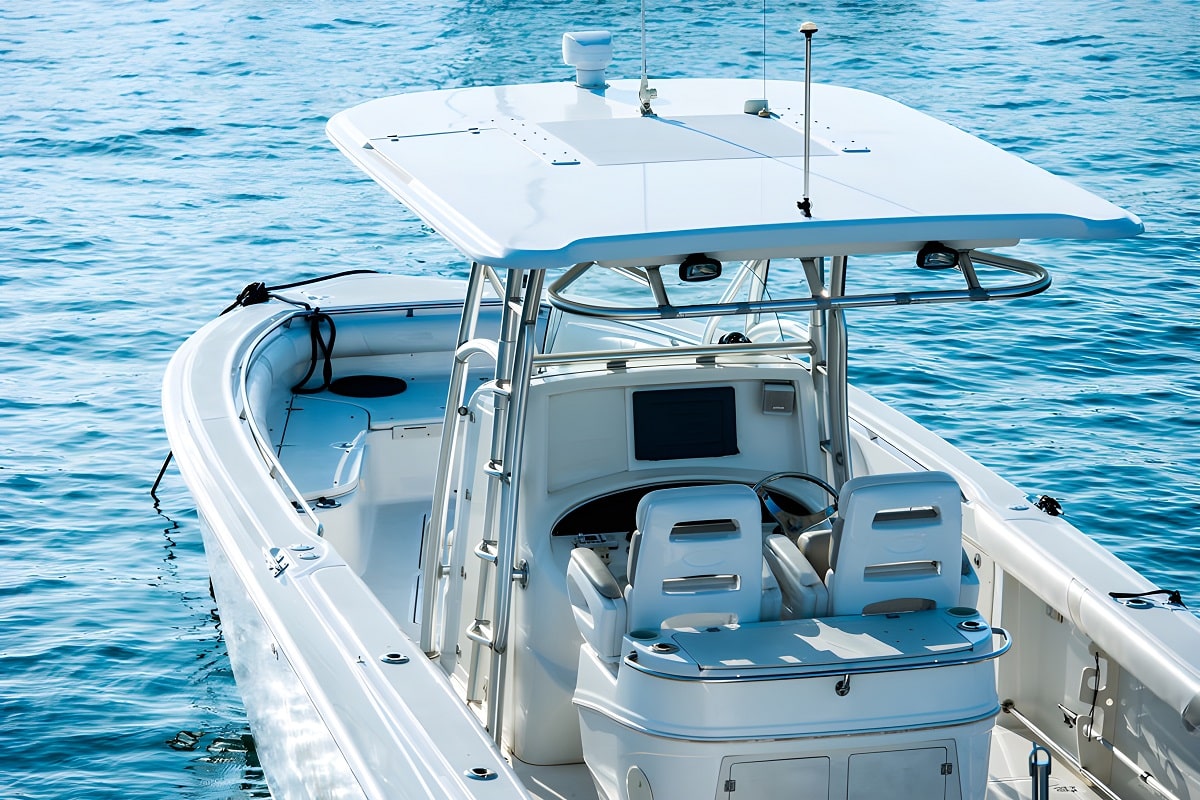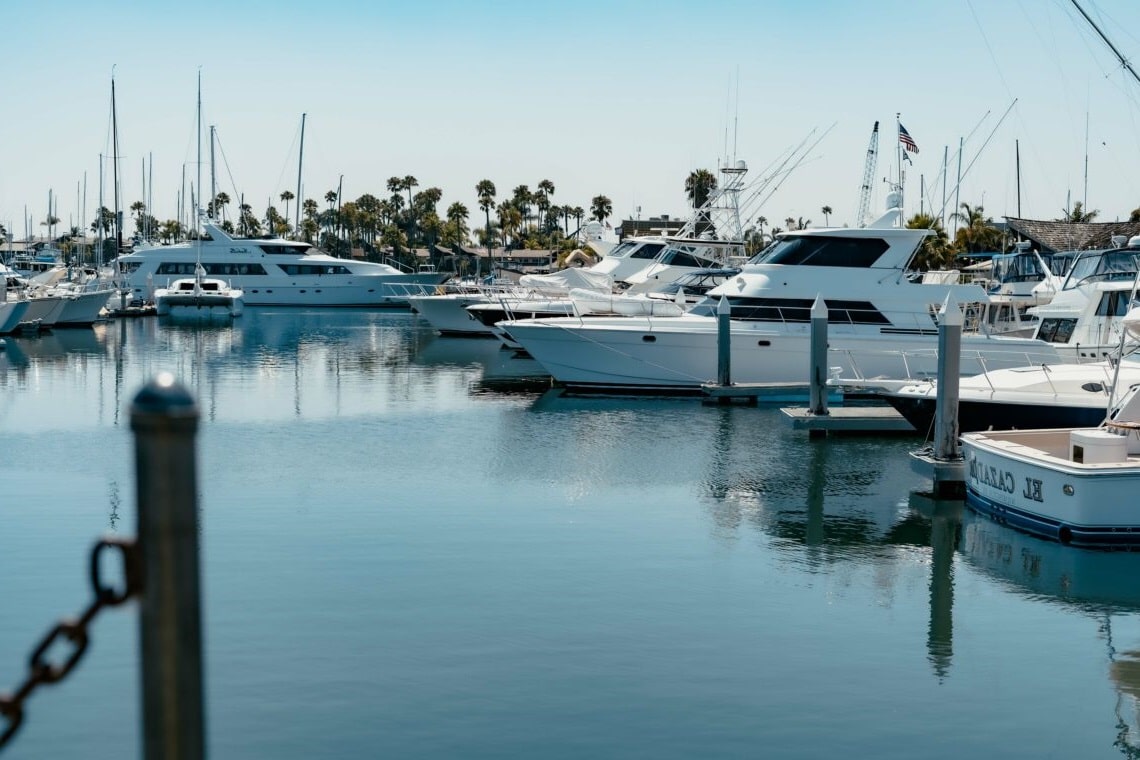Maneuvering
The give-way vessel and stand-on vessel roles are only useful if pilots know how to properly fulfill those functions in any given situation that two watercraft might come across one another. Luckily, the maritime community has well-defined maneuvering protocols as long as the pecking order and proper operations are followed.
The Crossing Rule
Assuming that two powerboats are meeting one another, the crossing rule states that the boat approaching on the port (left side) assumes the role of the give-way vessel and must then break to keep the stand-on craft on the port side. Captains should give one short sound of the horn and make wide turns to communicate their intentions to one another.
The Meeting Situation
A meeting situation is when two boats of equal status in the pecking order are approaching each other bow to bow. In this case, helmsmen should sound one short blast at each other to signal that they plan on passing by keeping each watercraft on the port side. Two short blasts can be used in special circumstances to signal that one plans on passing the other boat on the starboard side. Meeting situations should be handled with the utmost caution as neither craft is considered the de facto give-way vessel.
The Overtaking Situation
An overtaking vessel is always obligated to move around the vehicle that is being passed. The slower vessel is responsible to maintain speed and course while the overtaking vessel makes its way around the slower boat in front of it. If you are being overtaken, make sure that your movements are slow and predictable.
The rule of overtaking doesn't mean that slower vessels can operate at will. You need to provide an easy and safe environment for the overtaking craft to navigate around you as long as their speed is reasonable for the waterway all nearby vessels are operating in.
Other Rules
U.S. government ships are considered very sensitive government property. Recreational boaters are expected to come no closer than 100 yards and not generate any wake within 500 yards of American government property.
Most watercraft fatalities involve faulty or insufficient safety equipment. Always make sure that your vessel has enough personal flotation devices for the number of people that your craft can safely accommodate.
When in doubt, slow down. There is no penalty for exercising caution when boat traffic is heavy. Too many boaters overestimate how much room they have to work with when two boats are in proximity to one another.
Boating is a rewarding hobby, but it requires an individual that is eager to self-educate, follow the law, and exercise prudence to avoid collisions. If you are involved in a boating accident, contact an experienced boating accident attorney to answer your legal questions and protect your rights.



